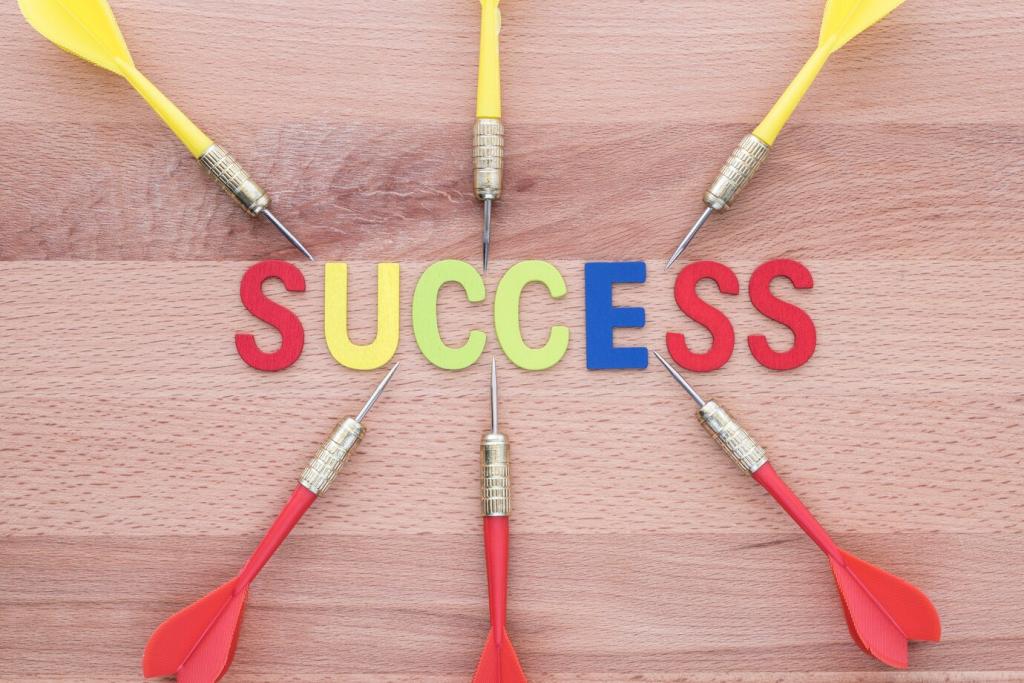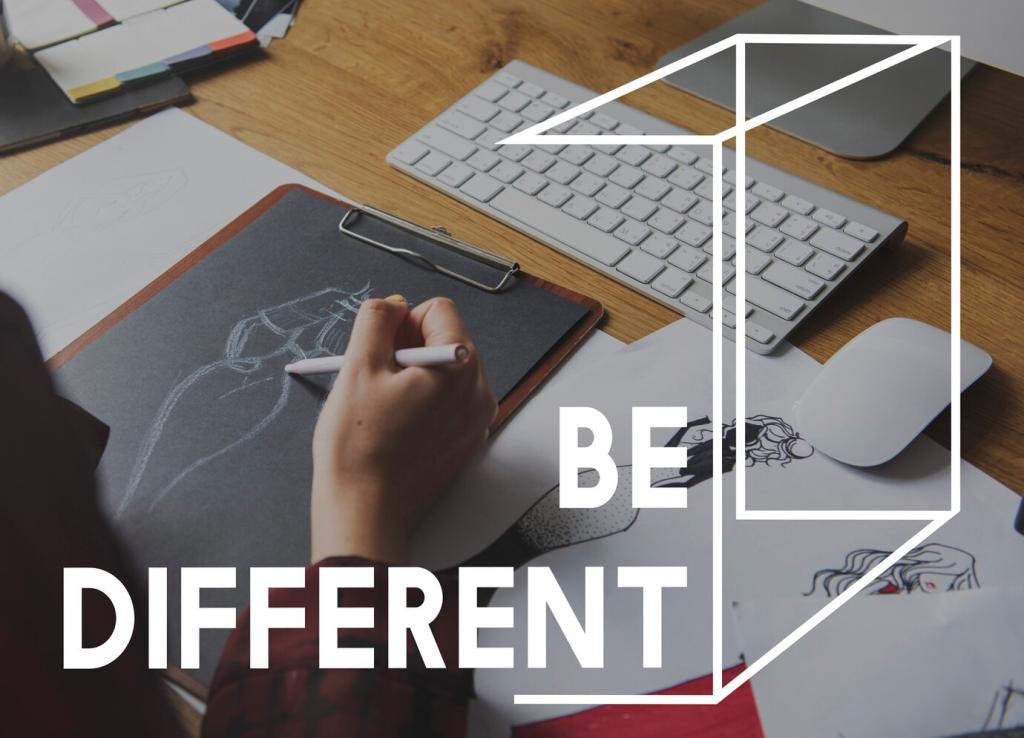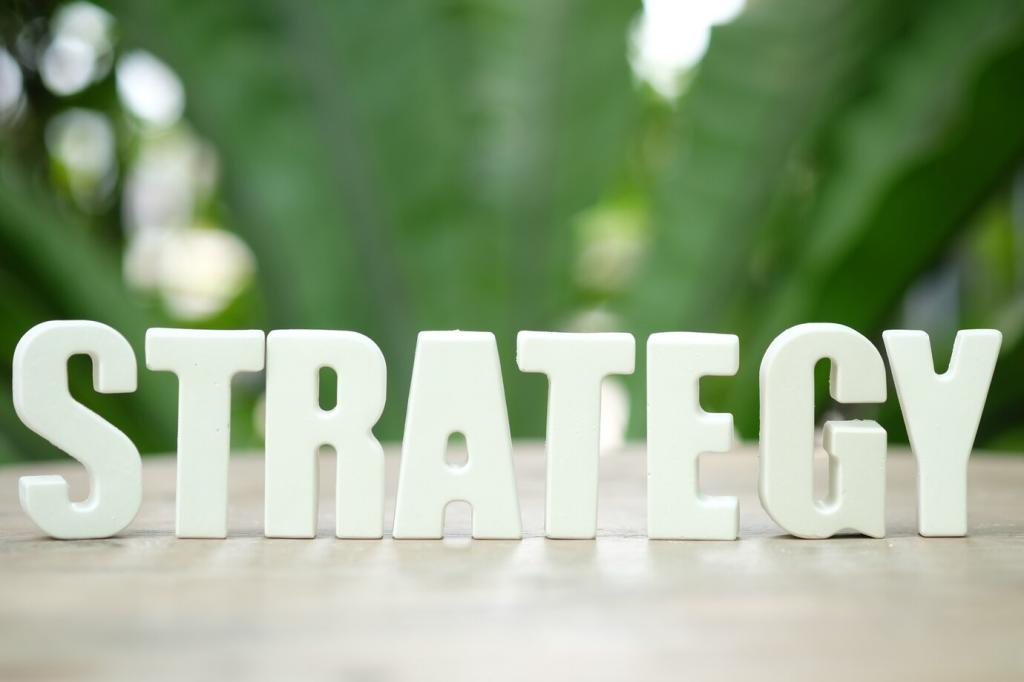Cutting-edge Methods in Personal Development Coaching
Personal development coaching has evolved significantly in recent years, embracing innovative techniques and scientific insights to empower individuals in their growth journeys. Today’s coaches leverage advanced methods that draw on psychology, technology, and holistic wellness to create truly personalized experiences. This approach goes beyond traditional goal-setting, focusing on deeper transformation, sustainable habits, and a tailored pathway that addresses both mindset and emotional intelligence. In this guide, we explore the most cutting-edge methods in personal development coaching, demonstrating how they’re reshaping the industry and delivering remarkable results for clients seeking meaningful and lasting change.


Brain-based Reframing Techniques
Brain-based reframing techniques are at the forefront of transformative coaching. These methods involve helping clients identify deeply rooted negative thought patterns and guiding them to reinterpret experiences more positively. Through mindfulness, cognitive restructuring, and reflective exercises, coaches enable clients to create new pathways in the brain that support resilience and self-efficacy. This scientific approach empowers individuals to view challenges as opportunities, ultimately enhancing motivation and opening doors to previously untapped potential.
Habit Formation and Anchoring
Effective habit formation is crucial for sustainable personal development, and modern coaching integrates neuroscientific models to support lasting change. Techniques such as habit stacking, cue-routine-reward systems, and positive reinforcement help clients anchor new behaviors into their routines. By understanding how neural pathways are strengthened through repetition, coaches assist individuals in replacing counterproductive habits with empowering rituals that support their long-term goals. This cutting-edge focus ensures that growth becomes a natural and automatic part of daily life.
Emotional Regulation Through Mindfulness
Developing emotional intelligence is essential for success and well-being, and mindfulness-based practices have revolutionized coaching approaches. Coaches now utilize structured mindfulness exercises to help clients increase self-awareness, manage stress, and respond thoughtfully to triggers. This enhances emotional regulation and fosters a sense of inner calm, allowing individuals to make decisions from a place of clarity rather than reaction. Through consistent practice, clients build the emotional resilience needed to navigate challenges with confidence and poise.
Integrating Positive Psychology Principles
01
Strengths discovery is a foundational pillar of positive psychology-based coaching. Through assessments, reflective dialogue, and targeted exercises, coaches guide clients to uncover their core competencies and unique gifts. Once identified, individuals are supported in developing strategies to leverage these strengths across different aspects of their lives, building self-confidence and competence. This process not only accelerates personal growth but also boosts career satisfaction and relationships through a deeper sense of purpose.
02
Adopting an optimistic mindset and practicing gratitude are proven pathways to greater life satisfaction and resilience. Cutting-edge coaches incorporate interventions such as daily gratitude journaling, visualization, and strength-based affirmations to shift clients’ perspectives towards positivity. These practices help counteract the brain’s negativity bias, encouraging clients to focus on opportunities and achievements rather than setbacks. Over time, this mindset shift leads to increased adaptability, resourcefulness, and emotional well-being.
03
Personal development coaching now harnesses tailored positive psychology interventions to actively design and shape clients’ lives. These interventions may include meaning-making exercises, savoring moments, and fostering connections that promote belonging and joy. By integrating these strategies, coaches empower individuals to craft both their internal and external environments for greater happiness and fulfillment. The result is a richer, more engaged, and purpose-driven approach to life’s challenges and triumphs.
AI-powered Self-reflection and Feedback
Artificial intelligence is reshaping the feedback loop in coaching. AI-based tools provide clients with real-time, objective analysis of their progress, communication patterns, and emotional states. Through natural language processing and advanced analytics, these platforms can identify subtle trends, strengths, and growth areas, offering tailored recommendations. This smart support allows for more precise interventions and empowers clients to stay accountable and reflective between sessions, accelerating their personal development journey.
Virtual Reality for Immersive Growth Experiences
Virtual reality (VR) takes coaching to a new dimension by creating safe, immersive environments where clients can practice new skills and confront challenges. VR simulations enable individuals to refine public speaking, leadership, or emotional intelligence under lifelike, controlled conditions. This experiential learning enhances confidence and competence, while the controlled feedback helps pinpoint developmental opportunities. By engaging both mind and body, VR tools make abstract growth concepts tangible, fostering powerful breakthroughs.
Digital Coaching Platforms and Mobile Apps
Mobile apps and coaching platforms have democratized access to personal development support, allowing clients to engage in growth activities anytime, anywhere. These digital solutions offer features like journaling prompts, meditation exercises, goal-setting trackers, and progress dashboards. Coaches and clients can communicate seamlessly, set reminders, and celebrate milestones in real-time. This continuous support fosters sustained motivation, helping individuals integrate learning into their daily routines and stay aligned with their aspirations.
Holistic and Integrative Coaching Approaches
Mind-body Connection for Well-being
The connection between physical health and personal development is increasingly recognized by top coaches. Techniques such as breathwork, movement therapy, and relaxation exercises are incorporated to enhance energy, focus, and emotional balance. Understanding how stress, nutrition, and sleep impact motivation and cognitive performance, coaches design integrative routines that support overall health. Fostering a strong mind-body link empowers clients to use their physical states as resources for personal growth, ensuring that well-being is the foundation for achievement.
Integrating Spirituality and Purpose
For many individuals, meaning and purpose are central to fulfillment. Modern coaching respects and incorporates clients’ spiritual beliefs, guiding them to explore values, ethics, and life purpose. Through practices like meditation, reflective inquiry, and value-clarification exercises, individuals align their personal development goals with their deeper sense of self. This approach brings motivation and direction, anchoring growth in authentic desire and ensuring that success feels both satisfying and significant.
Emotional and Mental Wellness Practices
Personal development is not only about skills and achievements—it also requires emotional and mental balance. Coaches now integrate practices such as emotional freedom techniques, stress management strategies, and mindfulness-based cognitive therapy into their sessions. These evidence-based tools help clients process emotions, manage anxiety, and foster emotional intelligence. A focus on holistic mental wellness ensures that individuals are equipped to stay resilient and centered, no matter what challenges arise during their growth journey.
Re-authoring Personal Narratives
Re-authoring involves helping clients identify the dominant narratives that shape their self-concept and life choices. Coaches guide individuals to challenge outdated or self-defeating stories, gather evidence of their strengths and successes, and write new scripts that reflect their growth aspirations. This process is empowering, as clients learn they are the authors of their lives, not merely characters. They gain agency over their journey, leading to profound shifts in self-identity and motivation.
Storytelling as a Tool for Resilience
Sharing and reframing personal stories builds resilience by allowing individuals to reinterpret adversity as a source of strength and insight. Coaches use narrative techniques to help clients extract lessons from hardships, fostering grit and determination. This narrative resilience becomes a foundation for bouncing back from setbacks and pursuing goals with renewed vigor. Through storytelling, challenges are transformed from obstacles into stepping stones for growth.
Visioning and Future Story Creation
Coaches employ future-oriented storytelling to help clients vividly imagine and articulate their ideal futures. By developing detailed narratives of success and fulfillment, individuals engage the brain’s creative faculties, making goals more tangible and attainable. Visualization exercises rooted in narrative tradition boost confidence and clarity, aligning action with aspiration. This practice not only inspires meaningful progress but also ignites hope, focus, and proactive behavior.
Previous slide
Next slide


Embodied and Experiential Learning Techniques
Somatic coaching brings the body into the personal growth process, recognizing that emotions and beliefs are often held physically as much as mentally. Through techniques such as body scanning, mindful movement, and breathwork, clients gain awareness of how their physical states influence thoughts and actions. Coaches help individuals release tension, shift energy, and harness bodily wisdom to enhance clarity and presence. This embodied awareness leads to more authentic choices and outcomes.
